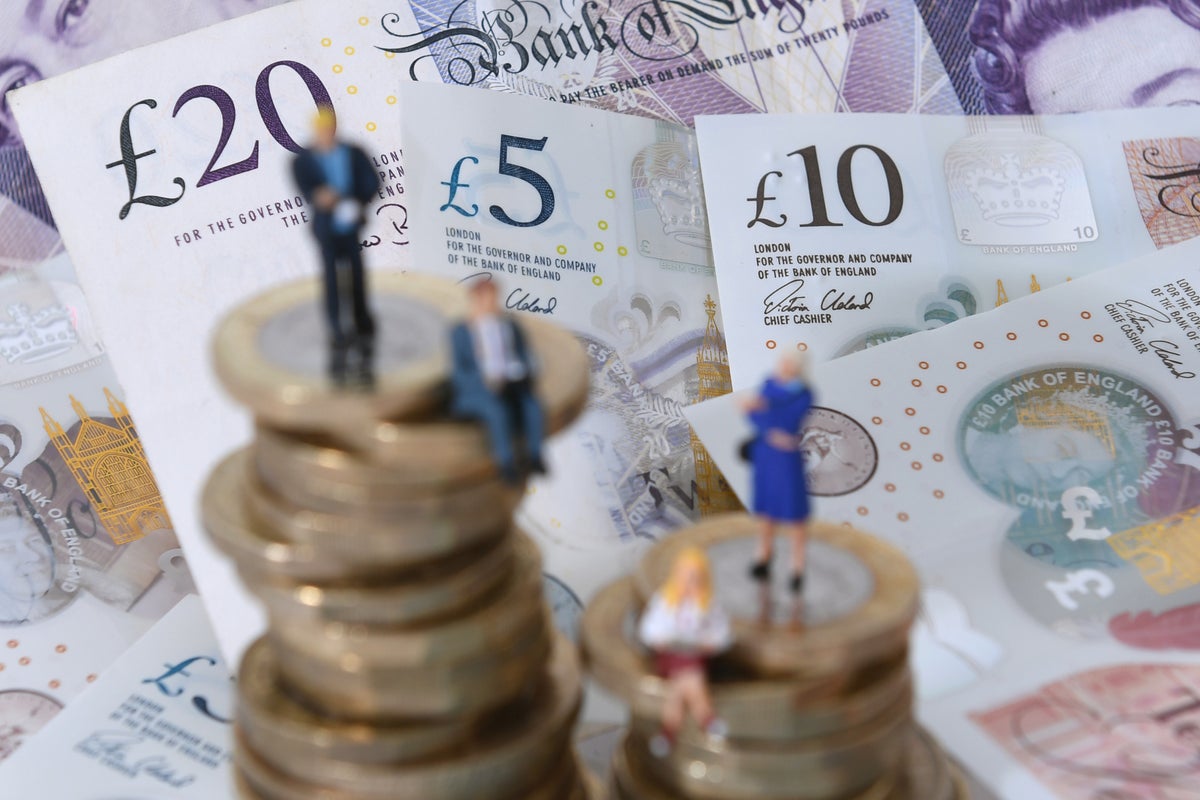
It is “deeply disappointing” the gender pay gap has scarcely narrowed in recent years, the UK’s leading gender equality charity has warned.
Fawcett Society, who analysed the latest data from the Office for National Statistics, said the mean hourly gender pay gap for full-time workers is currently 11.3 per cent, while it was 11.9 per cent last year, and 10.6 per cent in 2020.
Equal pay day - the day in the year when women effectively start to work for free in comparison to men due to lower pay - will fall on 20 November this year, the charity announced.
Meanwhile, Women’s Budget Group warned the gender gap will rise if the Tory government “pursue austerity 2.0” in the forthcoming full Autumn Statement in mid-November.
Jemima Olchawski, Fawcett Society’s chief executive, said: “It is deeply disappointing that the gender pay gap has barely shifted in the past few years, especially given the cost of living crisis is hitting women the hardest and forcing them to make impossible choices.
“Other data indicates that the pay gap may be even worse for women of colour - though we still don't know the full picture.”
She called for “urgent action” to ensure “women’s equality” is “at the heart of our economic recovery”.
Ms Olchawski added: “The government should make flexible work the default with a requirement for jobs to be advertised as flexible upfront, to enable more women to work.
“We need mandatory ethnicity pay gap reporting and action plans, and we need employers to stop asking discriminatory salary history questions. Women can’t afford to wait any longer for the gap to close.”
While the charity stated the mean hourly gap for both full-time and part-time workers was 13.9 per cent in 2022, while it was 14.9 per cent in 2021, and 13.9 per cent in 2020.
Dr Mary-Ann Stephenson, director of the Women’s Budget Group, told The Independent: “The gender pay gap reflects the different positions of women and men in the economy, and the fact that women are over-represented in lower paid sectors such as childcare and social care and underrepresented in the highest earning sectors.
“At the same time, because childcare and social care are stretched and under-funded, women are working less or not at all to fill the gaps because they can’t make the numbers add up. This means that the gender earnings gap in annual pay is even larger at 30.8 per cent”.
Dr Stephenson, whose calculations were based on the same data, warned the UK is currently “looking down the barrel of further funding cuts to the public sector”.
She added: “Which is a triple whammy to women’s income because women are more likely to work in the public sector, to rely on public services, and to step in and provide unpaid care work when the public sector withdraws services.”
Dr Stephenson noted the new PM Rishi Sunak and the new chancellor Jeremy Hunt “can pursue austerity 2.0” in the full Autumn Statement, announced on 17 November, but added this will cause the gender pay gap to increase, as well as reversing “women’s economic equality”.
She added: “Or they can take bold action and protect and invest in public services to increase jobs, increase women’s ability to work and increase resulting tax revenues. Economic prosperity and equality are not in competition, quite the opposite.”



.png?w=600)



